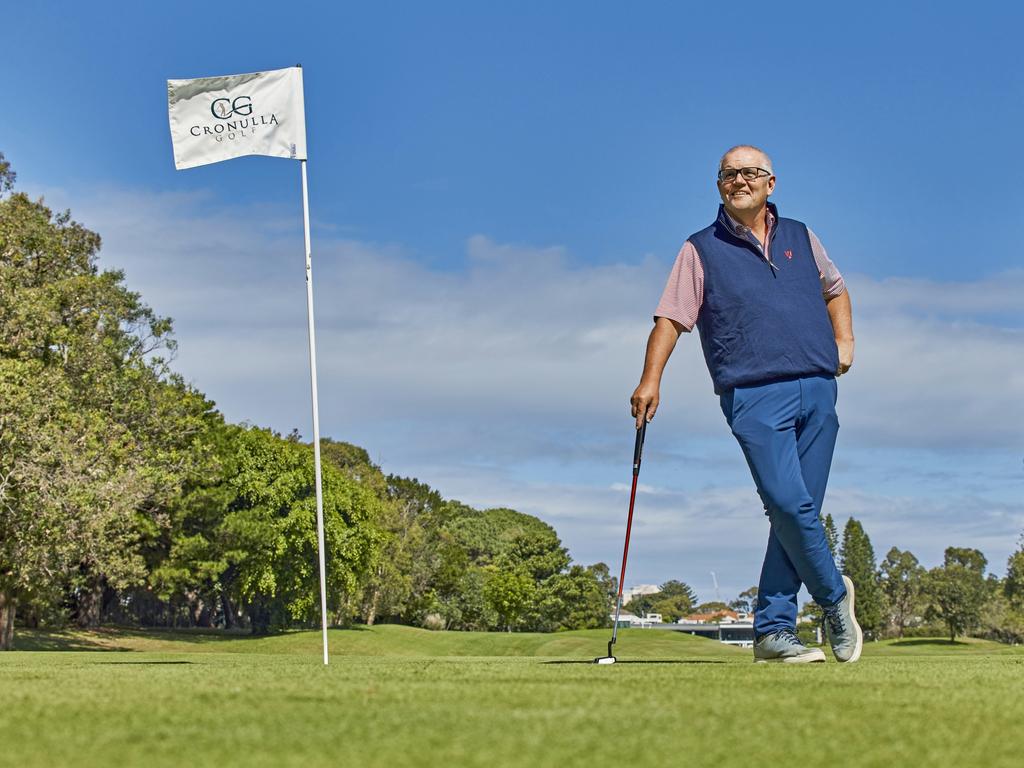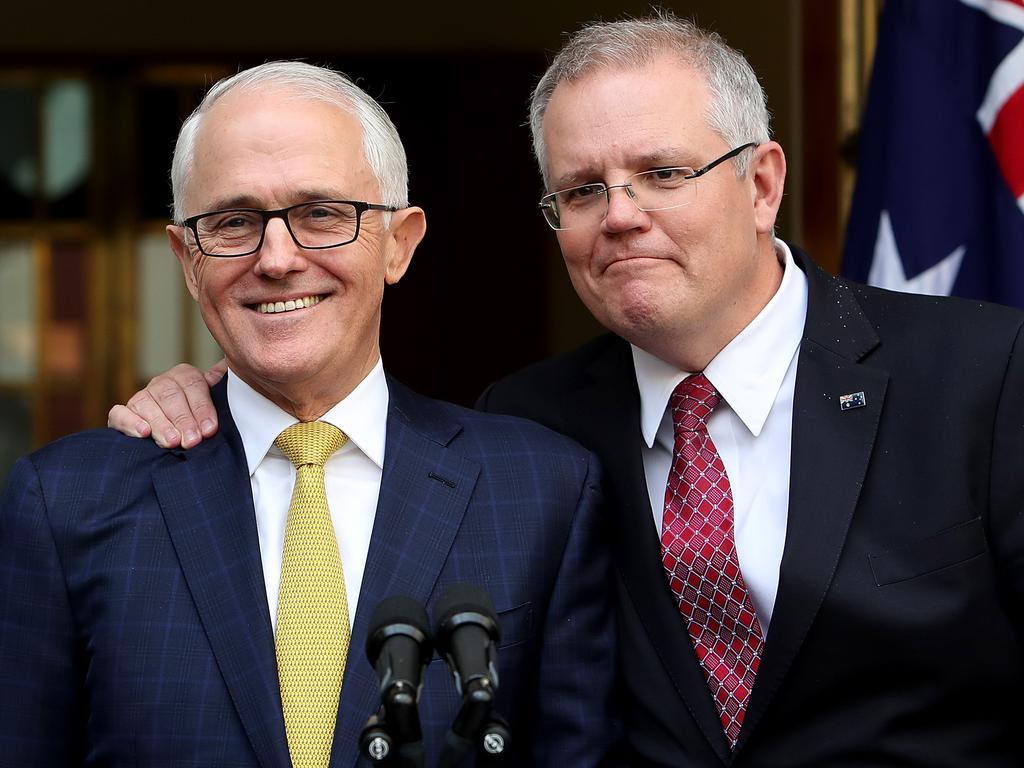
Scott Morrison’s memoir, Plans for Your Good: A Prime Minister’s Testimony of God’s Faithfulness, is unlike any other. What is especially striking is that private expressions of his faith were ever-present as he weighed public decisions, dealt with colleagues here and abroad, and won and lost elections. Again, we have never had a prime minister like this before.
Most political memoirs are long on defending their record, score-settling and legacy-building, while short on self-reflection, with frank accounts of mistakes and missed opportunities.
While Morrison’s book does defend his government and responds to criticisms from colleagues, such as Malcolm Turnbull, it is extraordinarily introspective and personally revealing.
The most important disclosure is that he struggled with anxiety and took medication to manage it. (What medicine he took is not mentioned.) Morrison writes that it was not the difficulty of the issues he dealt with, such as the pandemic or an assertive China, but rather the physical and emotional toll of being prime minister coupled with media criticism and political combat.
“The anxiety I’m talking about is not momentary,” Morrison writes in the book. “It lasts much longer, feels inescapable and can be overwhelming. I had some experience with this as PM and sought help from my doctor in Canberra, who prescribed me with medication that I found very helpful. We are all human.
“My doctor was amazed I had lasted as long as I had before seeking help. Without this help, serious depression would have manifested … What impacted me was the combination of pure physical exhaustion with the unrelenting and callous brutality of politics and media attacks.
“As a politician I know this goes with the territory. That’s not a complaint or even an accusation. It’s just reality. Politicians are not made of stone, yet they’re often treated as though they are, including by each other.”
Morrison is not looking for sympathy. He is using his memoir to be honest about the struggle he faced. This requires courage. Politicians are often the most self-centred, proud, vain, and sometimes narcissistic, people you can meet. So, allowing himself to be vulnerable should be welcomed. But he was so polarising as a prime minister that some voters will not be compassionate.
A former prime minister willing to admit they had anxiety, sought help from a doctor and was prescribed medication is a profoundly important statement. This revelation will help to further break down the barriers to talking publicly about mental health. About three million Australians have anxiety. The message is that help is available if you seek it, and you can still work and enjoy life if it is managed.
He is not the only prime minister to struggle with mental health. Bob Hawke became depressed when his daughter’s heroin addiction became public in September 1984, and broke down publicly. He thought about resigning. Hawke had previously contemplated suicide when his negotiations to free Soviet Refuseniks failed in May 1979. But Hawke did not suffer a chronic condition that required medication.
Morrison’s disclosure about his mental health raises serious questions. If his anxiety became so acute that it could feel “inescapable” and “overwhelming”, who had a right to know about this? He would argue that in seeking medical help he was managing his condition and was not in any way inhibited from carrying out his duties. But maybe his colleagues should have been told. Some may have reprehensibly used it against him. But most, we hope, would have offered to help.
But if a prime minister is dealing with an illness that could become debilitating, drain their energy or impair their capacity for clear thinking, do they have an obligation to tell cabinet ministers, senior staff or public servants, or even the leader of the opposition or the governor-general? Should they be reassuring them, and the voters, that their health is being managed?
The job of prime minister is immensely challenging and difficult. They must be a national leader, government spokesperson, manage a cabinet, carry out administrative functions, and work with parliamentary colleagues, staff and public servants. They are our principal representative to the world, they are a symbol of their party and must spearhead political campaigns, and balance the pursuit of politics with the duty of governing.
The weight of the responsibility can take a physical and emotional toll. It is an extremely pressurised, highly scrutinised and relentlessly demanding job. It can be lonely and isolated at the top. Families pay a price. Most prime ministers seem to age rapidly in the job. They have complained about the lack of sleep, having little time to relax or exercise, or think, let alone spend time with family or friends.
Ben Chifley read westerns at the Hotel Kurrajong to take his mind off the job. Robert Menzies would play billiards and compose poetry to relax. Harold Holt escaped to Portsea for weekends to recharge. John Gorton had a pool installed at The Lodge. Hawke liked to sit at the blackjack table and punt on horse races to unwind. Paul Keating had an inner life of music, art and antiques that replenished his soul.
If we are to encourage the best and brightest of a new generation into politics, then we need to rethink how we deal with mental health in public life. It should not be kept secret. It should be diagnosed and managed in an understanding and supportive environment. Morrison’s memoir should help initiate this discussion.








Memoirs by former prime ministers should be encouraged because they can offer an important contribution to the literary record of their governments with unique reflections on events, policies and personalities, the issues they grappled with, and an unrivalled insight into what it is like at the centre of national power and responsibility.